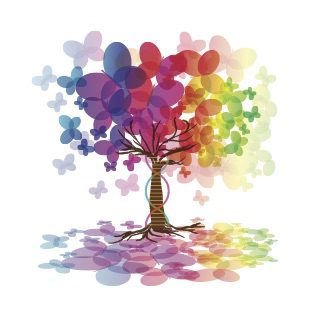By Sheila Benedict
Contributing Writer
Genealogists need reliable sources to validate their family history. Original records should always be at the top of their bucket list.
Derivatives often help and in many cases assist finding those original records. However, not all resources are available as record closures expand by the day. Yes, we understand, as none of us wants our personal information to be taken and used by someone for nefarious reasons.
However, why close access to a record for someone who was born, married, or died 25, 50 or 100 years ago? What about an archive housing very old records and a decision made they are taking up too much room and destroyed? What is an archive for if not to preserve old records? If a person can offer proof of relationship, why should he or she not be able to obtain a parent’s record?
The issue is not unique to this country. It really struck home for me when I attended the annual Professional Management Conference for the Association of Professional Genealogists, held in Salt Lake City on Sept. 24-26. One of the presentations was given by Judy G. Russell, “The Legal Genealogist,” and titled: “Past, Present, Future: Records Access as a Genealogical Imperative.”
She began with an overview: “Open and free access to relevant records – to the maximum extent possible under the law and ethical norms of the field – is critical to the genealogical community.” She gave a long list of some jurisdictions where record closures are making it extremely difficult for a genealogist to research a family. Here are just a few of the many items on the list: 2010: Maine vital record closures, 75 years for births, 50 years for marriages, and 25 years for deaths; 2013: A law that the Social Security Death Index is closed for the first three years after a person’s death. It is now almost 2020, seven years since the law passed and they are still closed; 2016: Washington State -100 years for births, 25 years for marriages and deaths; 2019: Delaware extended marriage record closures from 40 to 50 years and Washington State imposed closure on birth records for 100 years, 25 years on marriages and deaths.
There is a law called The Freedom of Information Act (FOIA) that explains how to use it for genealogical and archival research. You can read it at the U.S. Department of Justice website, https://www.foia.gov.
The good news is there are many entities at work to preserve access to records. One known to genealogists is The Records Preservation and Access Committee (RPAC), a joint effort of the National Genealogical Society, the Federation of Genealogical Societies, and the International Association of Jewish Genealogical Societies. They have support of the Association of Professional Genealogists, the Board for Certification of Genealogists, and the International Commission for the Accreditation of Professional Genealogists.
Other groups interested in records access include the International Federation of Library Associations (https://www.ifla.org), Reclaim the Records (https://www.reclaimtherecords.org), and New York Records Preservation and Access Coalition (https://nyrpac.org).
To repeat: Personal privacy rights are essential, and no one advocates those rights should be lost, but some records do not infringe on them, and the public should have access to them.






